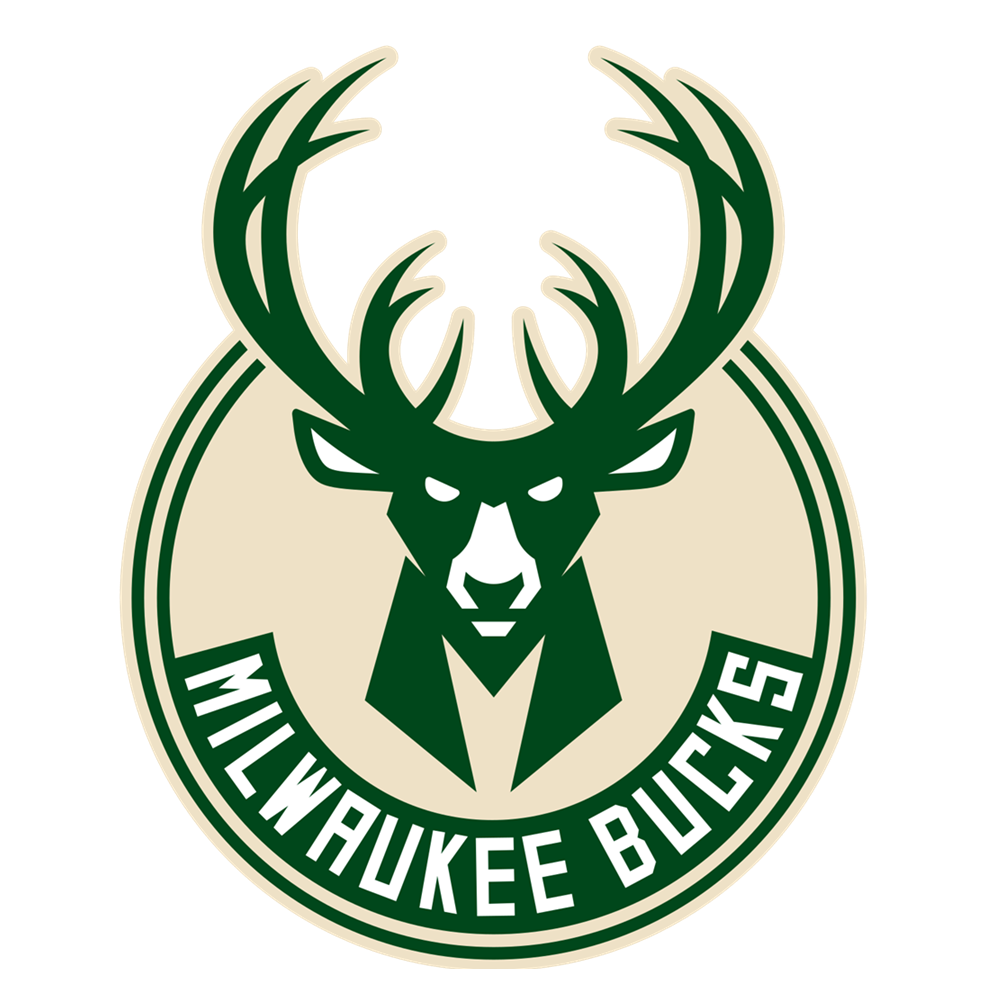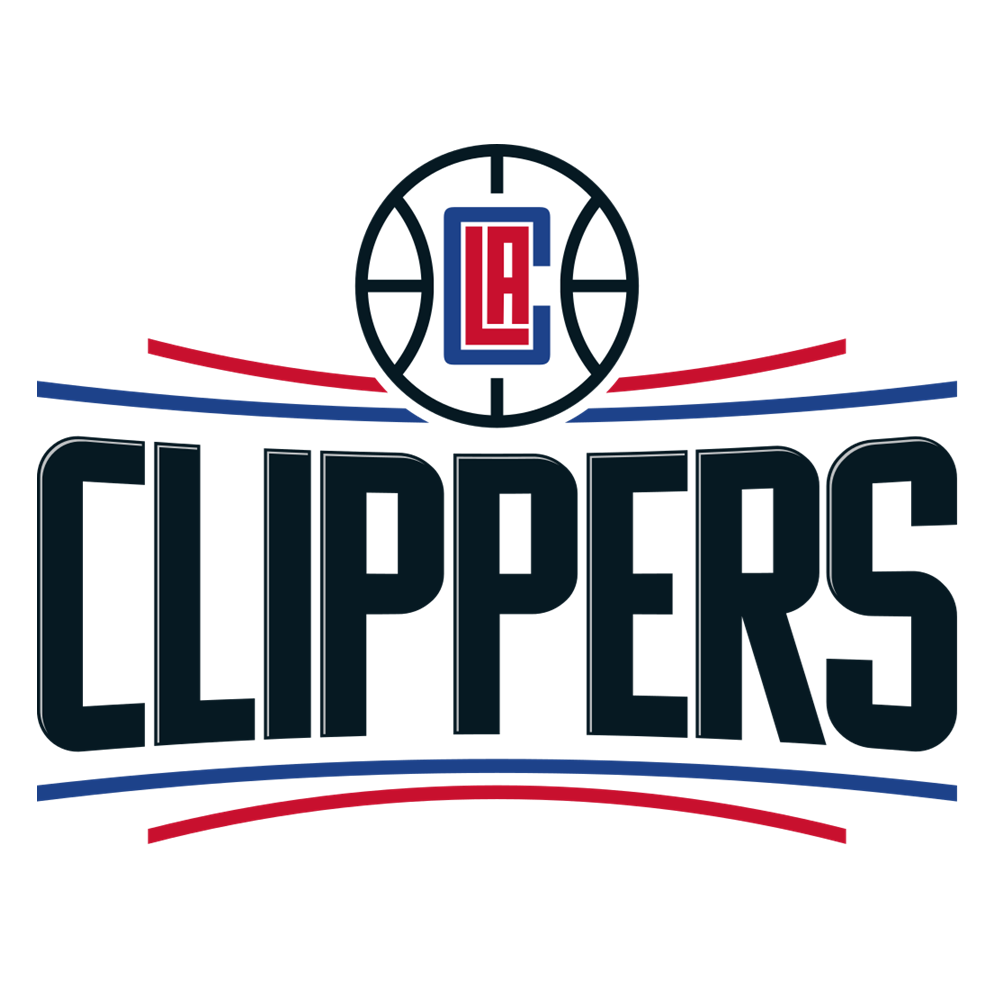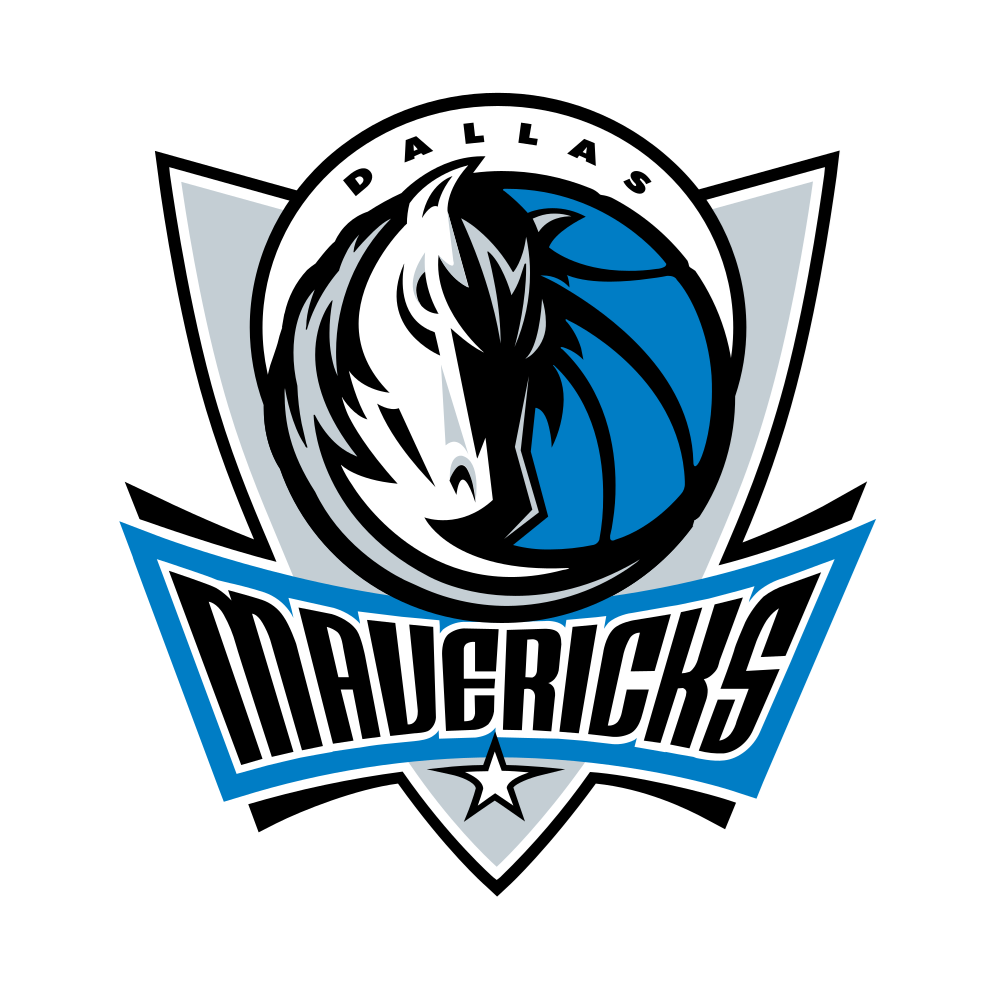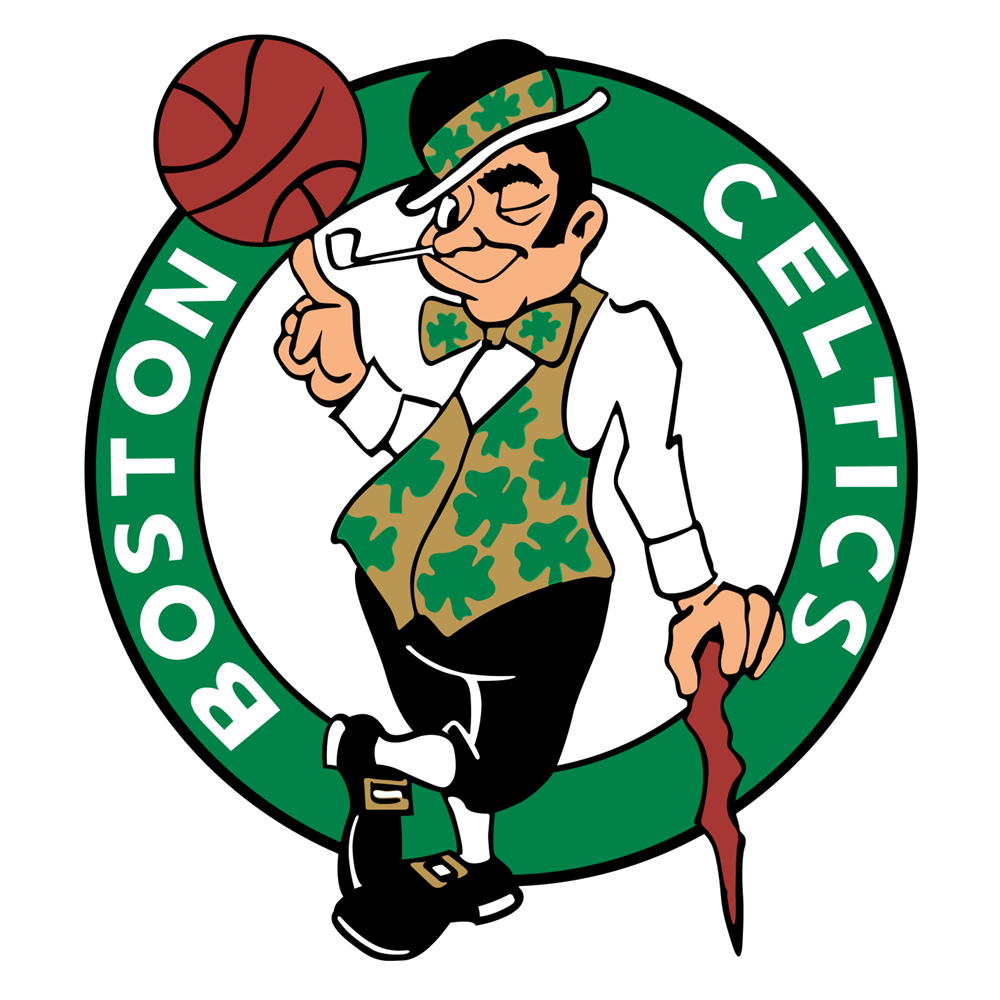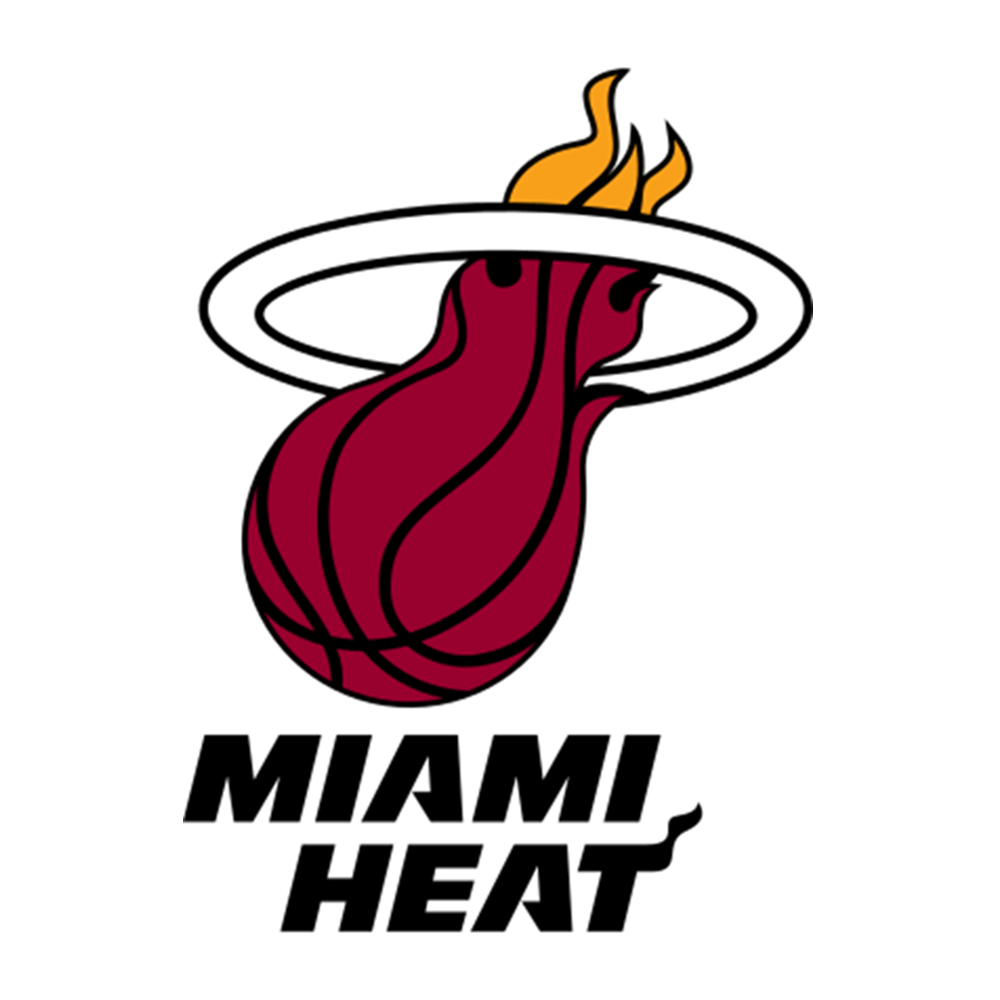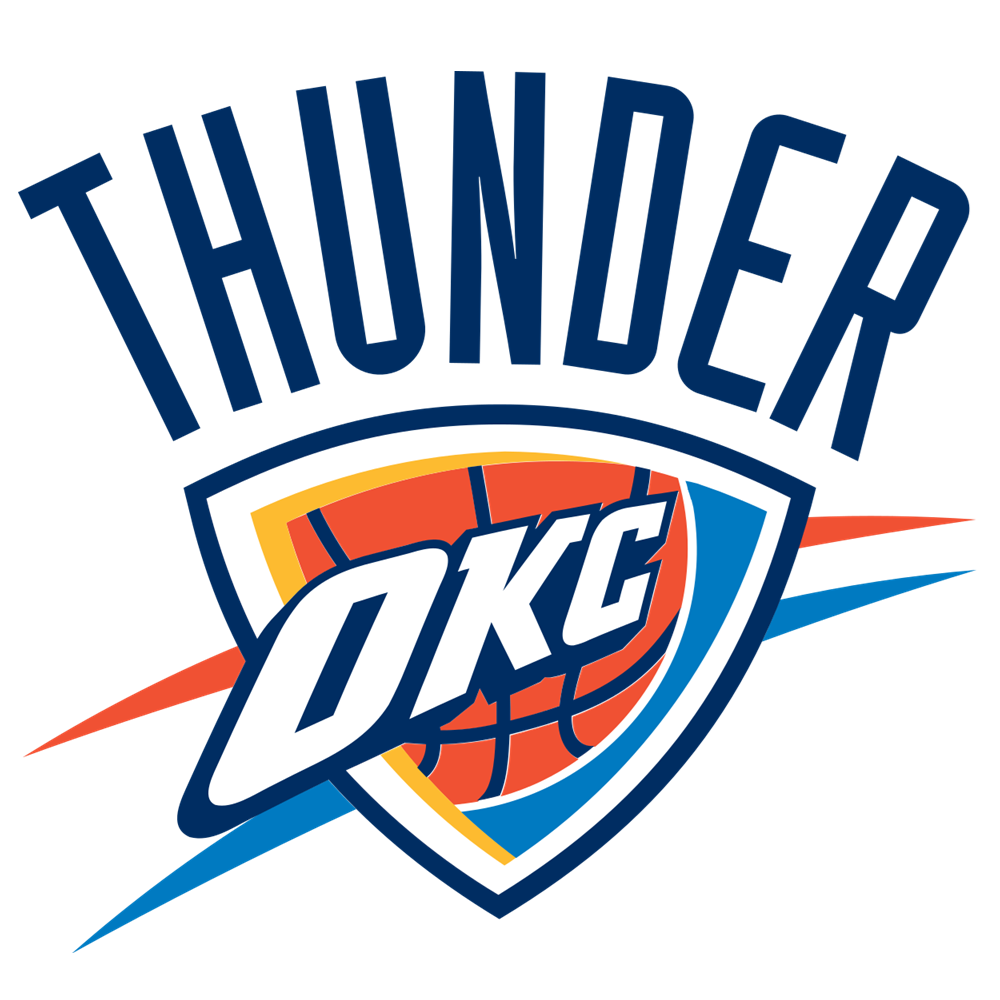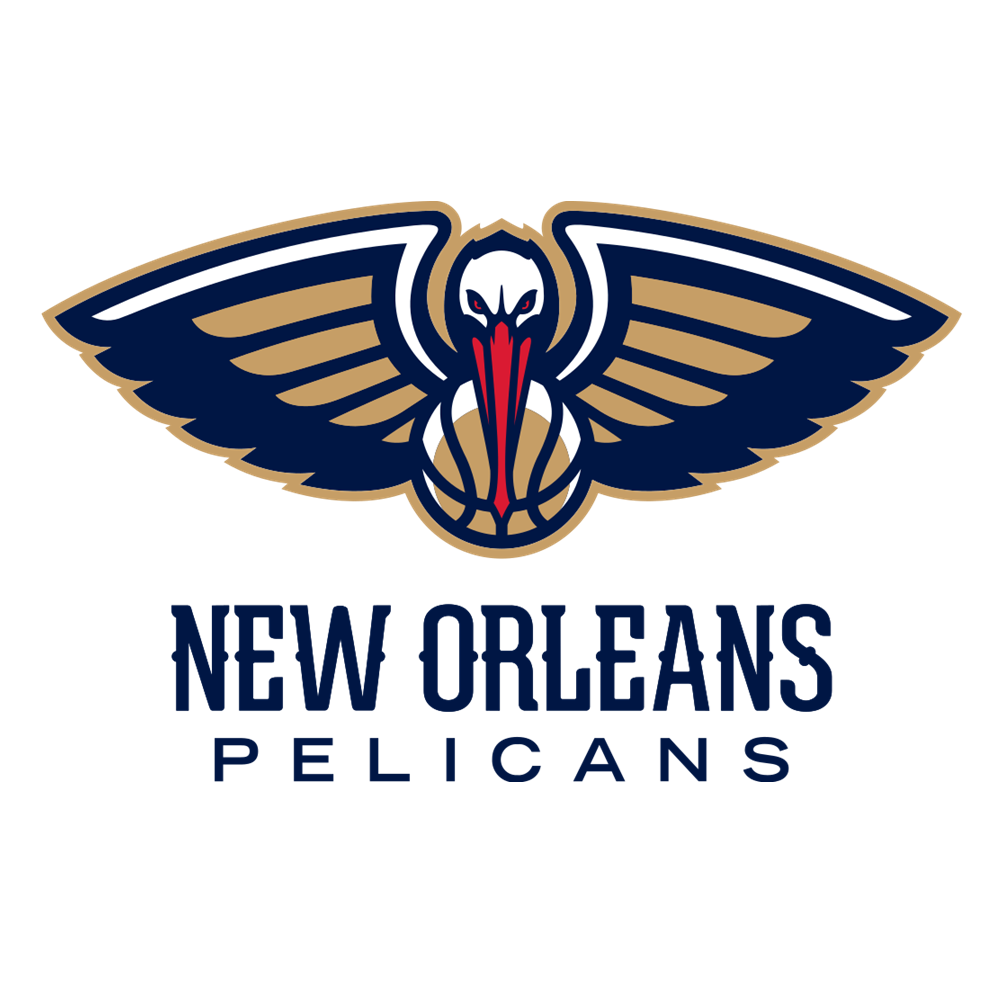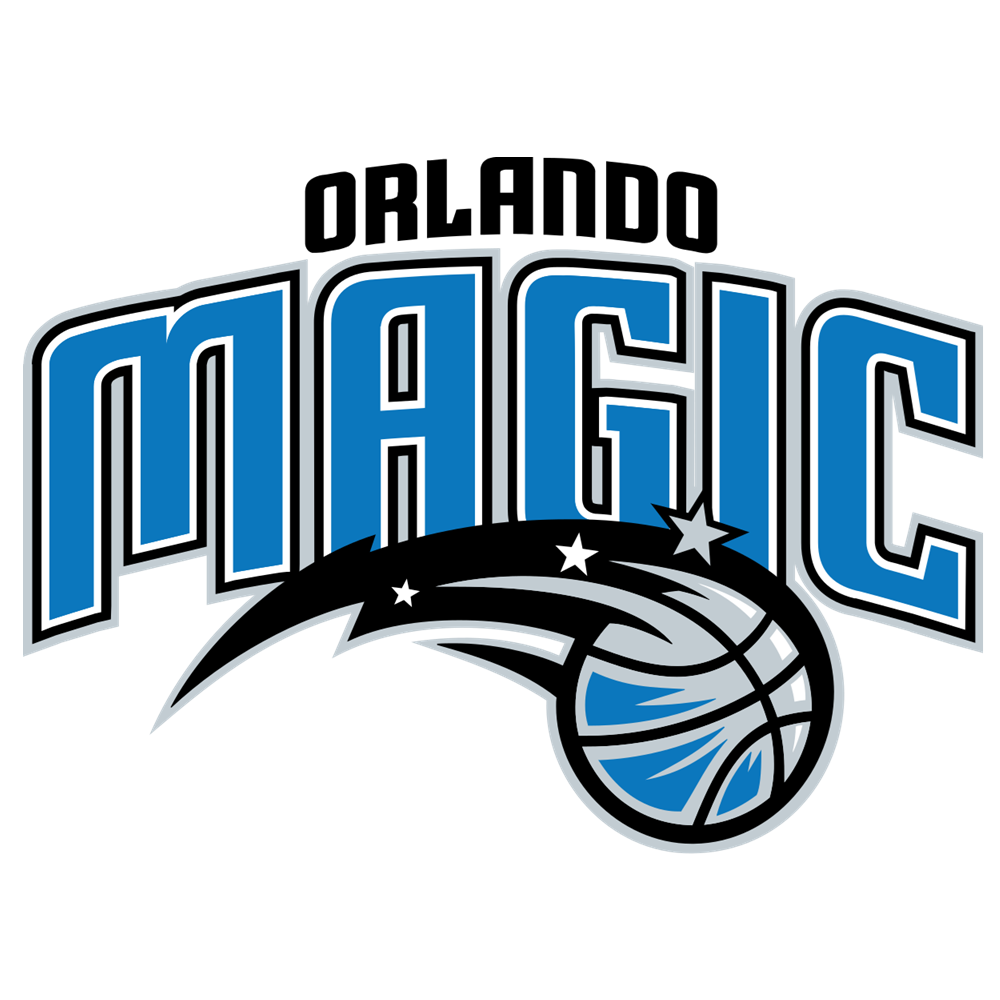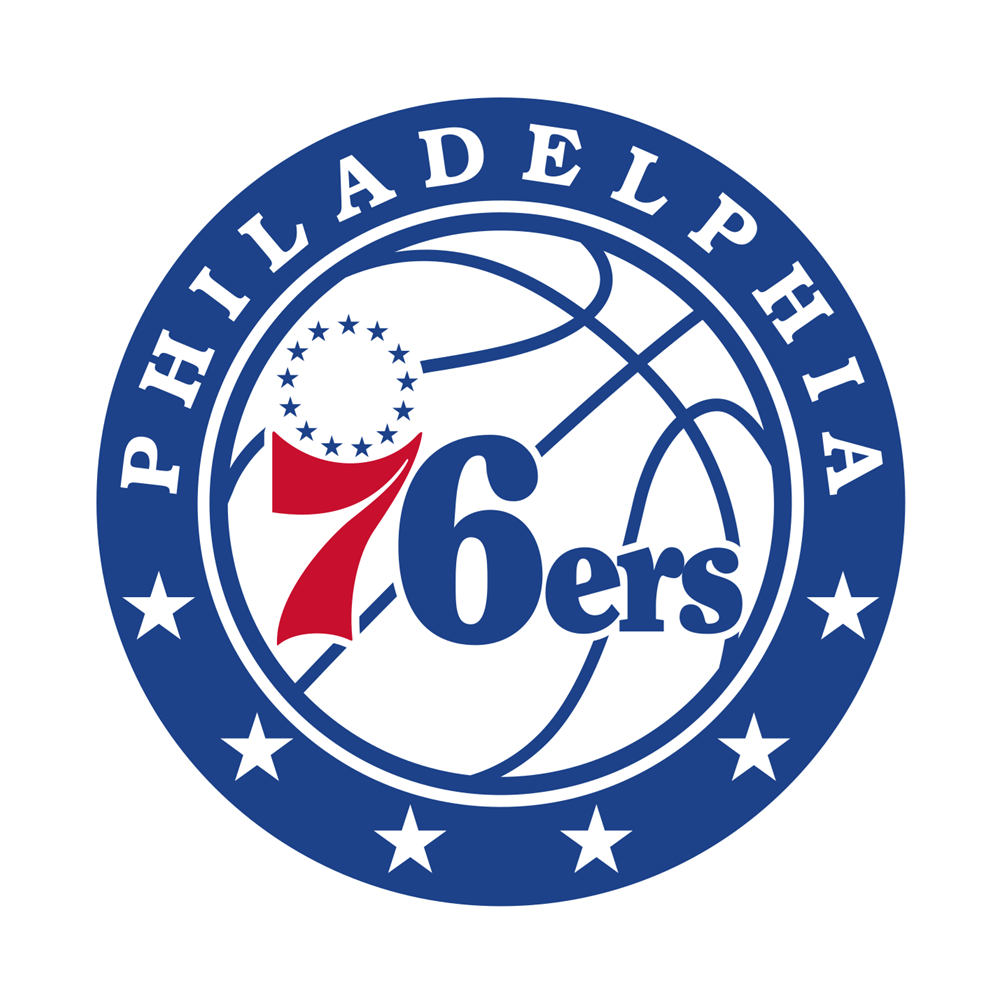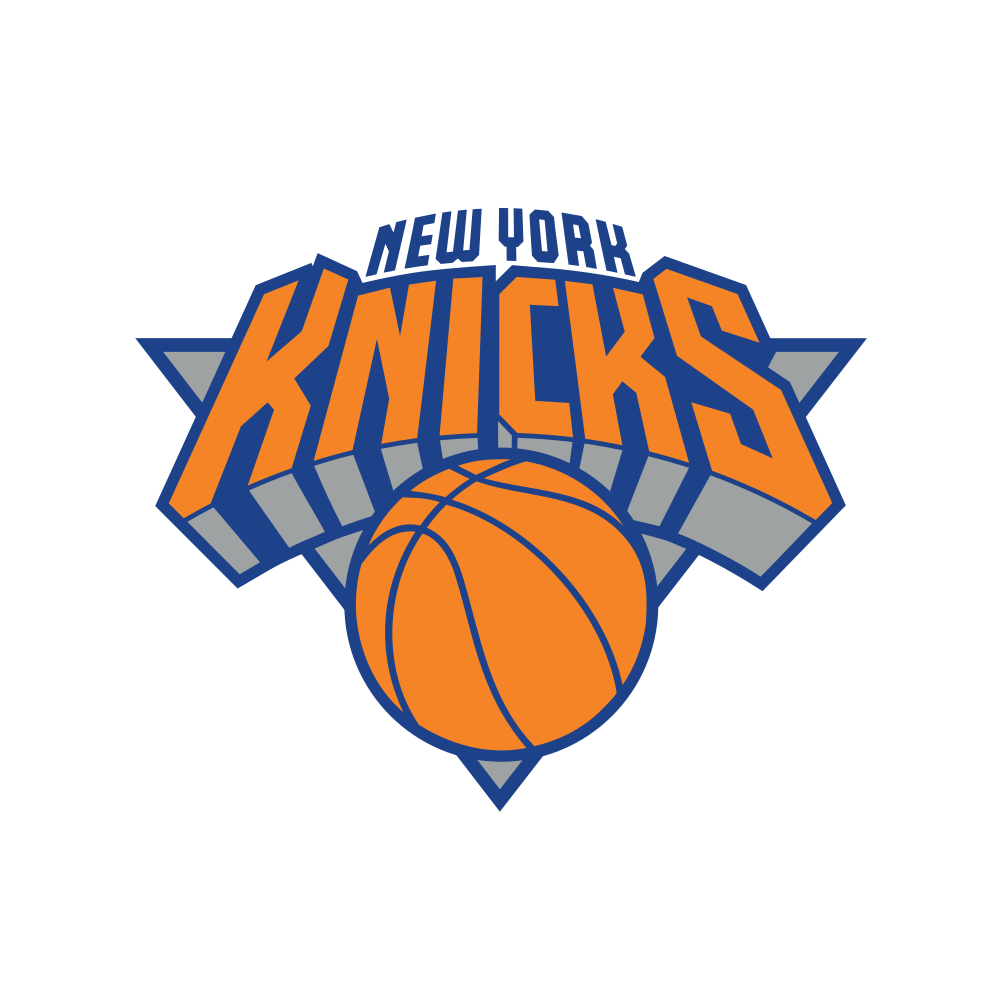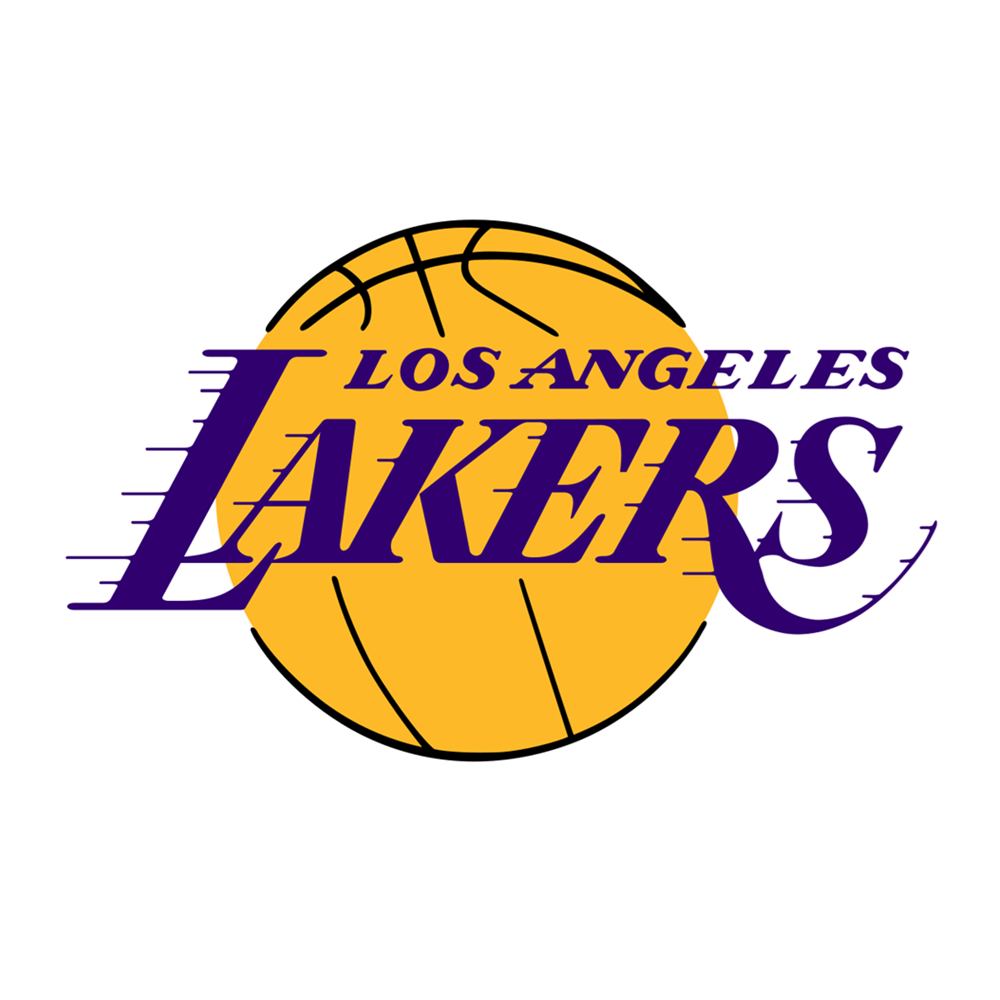Back in 2010, when making his free agency decision between the Miami Heat and the Chicago Bulls, Dwyane Wade invoked the concept of "loyalty" as been part of the reason why he chose to stay with the Heat.
Loyalty is an ill-defined and possibly nebulous construct that, at that moment at least, seemed mostly to refer to re-signing incumbent players. Implicitly, it meant honouring commitments, delivering on promises, and keeping ties to the past.
Latterly, though, the same Miami Heat team that Wade lauded for their loyalty ended up waiving Mike Miller due to the amnesty clause, at a time when Mike Miller was still very good. The same Miami Heat team that he lauded for their loyalty ended up offering him less money to re-sign in the summer of 2016 than the selfsame Bulls team did, not adding a third year to their offer that he wanted, despite the leverage of Wade being the reason the 2010 coup happened, and despite him never being the highest paid member of the Heat. This time, he left.
Wade left money on the table in 2010 in pursuit of championship rings, of being able to get in the calibre of help in the forms of LeBron James and Chris Bosh that he would never likely otherwise have been able to get. Miami, for their part, leveraged Wade's situation to bring in the other two via de facto free agency [both technically sign-and-trades for cap management reasons, but whatever], invoking the concept of loyalty as a reason why Wade should build the title contender with the franchise he had always played with, rather than in Chicago. Both sides had their motivations, and both sides got what they wanted. And yet despite both parties getting four consecutive NBA Finals appearances and two title rings out of the deal, the loyalty still ran dry when it came to adding that third year of salary in 2016's negotiations.
With developments such as this in mind, in the eight years since Wade foregrounded the concept, there has been an overdue and significant reappraisal of the meaning and extent of 'loyalty' within the NBA. It is at this point a convenient hypocrisy, an idea that both halves at the negotiating table can invoke when it suits them, serving as a PR related matter more than a reason to do any particular piece of business, but something ultimately dispensed with when professional prudence necessitates it.
It was in that same 2010 offseason that the idea of the Super Team also passed into the common parlance. That Wade/James/Bosh unit formed one of the best three-man units of all time, yet it was the way in which it was done (two joining via free agency, one re-signing at the same time and recruiting them in) that stood out, jarred and created the term. Good teams, great teams, with comparable quantities of prestigious talents, have been built before. Just not like that. Nevertheless, since that time, and since seeing how well it worked for the Heat with the four consecutive Finals appearances, the Super Team has subsequently been the new standard template for building title contenders. It is thought that you now need one to compete.
At their core, Super Teams are a by-product of enhanced player power. This power is both subjective and objective.
Various salary cap rule changes over successive CBAs have had the effect of significantly shortening player contracts. This, combined with increases in the overall size of the salary cap (and thus the temptation to get back into the market as soon as possible), has seen roster turnover and free agency volume increase in recent seasons. And it is precisely because of this increased free agency volume that Super Teams are now a thing. It was dovetailing free agencies that built the Heatles, and it was Kevin Durant's free agency in the summer of 2016 that made the already brilliant Golden State Warriors become, it seems, unassailable.
Super Teams are formed by players wanting to pair up with one another. Regardless of the nostaglic notion that selectively remembers how players would never do this back in the day, given the importance of rivalries and one-upmanship and whatever other highly select ideals of purity we wish to reflect upon, it is something that happens a lot more now, and something that is now normalised. Shorter contracts and more liberal free agency markets are a big part of why, but also, this is now something players just do.
This should be viewed as empowering, but it comes at a price. Super Teams are said to stand in the way of the idea of parity that is itself such a central tenet in the idea of NBA team building.
Parity in practice is the reality we have seen over the last few years, when historical also-rans Cleveland and Golden State have been able to meet four straight times in the NBA Finals, as the supposed 'legacy' teams (Celtics, Lakers, Knicks) trail behind them. Parity in theory is the idea that every team can compete every season, or at least a fair few of them. Super Teams do rather stomp out the parity of theory, but it was never going to happen in a 30 team league anyway.
Our understanding of both parity and Super Teams must therefore at least be informed by the leveraged player power involved.
Not so long ago, the reserve clause meant there was no free agency at all. This, combined with the draft and trades, meant a player's career was dictated for them from start to finish. But notwithstanding the fact that the draft and trade mechanisms still exist, players can now determine their own futures much more. And increasingly often, they do.
Notably, LeBron has been exhibiting player power for years now by virtue of his never-ending free agency. The four years he just spent with the Cleveland Cavaliers came under three different contracts, as the permanent threat of him leaving kept Cleveland urgent in the team building strategy around him, and also kept the rest of the league on their toes, given that every time he hit the market, there was at least a theoretical chance that he would leave. And with his move to the Lakers this summer, he has now actually done that twice. Unless I'm missing something, at no other point in NBA history has the league's best player at any given time left via free agency even once, let alone twice.
Player power also exists by the means of trade. LeBron's team mate, Kyrie Irving, exhibited this last summer - not wanting to be in LeBron's shadow any longer and wanting to head up his own vehicle, Kyrie demanded to leave the Cavaliers, and to forge his own path to greatness. A player of Kyrie's calibre has more leverage beyond a standard trade demand given their free agency power; although it was still two years away at the time of his request, two years is plenty within team's scope of strategic planning, and so potential free agency suitors for Irving were already positioning themselves to target him in the summer of 2019, something he would surely be amenable to if openly unhappy where he was.
With the real threat of him leaving looming, Cleveland needed to deal Irving, yet with that same threat meaning he would not likely re-sign with many potential trade partners in favour of signing elsewhere in two summer's time, the pool of potential trade partners was very limited. It needed to be a team that could offer Cleveland enough to justify making the move, yet that also would be good enough even after the roster-altering deal to acquire Irving to still have a title window, and a team on which he would be good enough to be the main guy while also surrounded by players good enough to close the gap to the very best without challenging him for that role.
This was a very precarious balance, but it was thought to have been found with the trade to the Boston Celtics. The trade package ultimately dealt for Irving (Jae Crowder, Isaiah Thomas, Ante Zizic, a pick that has ultimately become Collin Sexton, a 2020 second round pick that will change nothing) has worked out incredibly favourably for Boston, and yet not for Cleveland.
Kyrie got his own way. The Cavaliers did not. Player power won the day.
Eight years on from the Heat's dream summer of 2010, and because of moves like James and Irving's, the player power concept that was once so pioneering is now more widely understood, accepted, and even lauded. The super teams, though, are not so much lauded. There remains a rejection of the idea by many if not most NBA circles. And when the Golden State Warriors signed Kevin Durant to complete their own Particularly Super Team, parity was considered dead. They have, after all, won both titles since.
However, Super Teams exist to defy the theoretical parity outlined above. This free agency-driven player power is itself a rejection of the power teams have long since wielded, arguably sometimes in bad faith. There is absolutely no obligation for a team to keep a player for the duration of the contract they signed them for, no matter how convincing the team are when they say they intend to at the time of signing. When a deal is signed, it is the team's to play with as they see fit; far more regular of an occurrence than a team acquiescing to a player's trade request is a team dealing a player against their will, or without them knowing. Contracts are commodities to be dealt as and when it bests suits a team to do so, and with roster composition a liquid document always in a state of flux, the changes can be quick and stark.
A notable recent example of this was Blake Griffin. Re-signed in the summer of 2017 to a large contract with promises of being The Man for his Chris Paul-less L.A. Clippers going forward, and along with a reported mock jersey retirement ceremony that sent a clear message of legacy and longevity, Griffin was traded at the past deadline to the Detroit Pistons anyway a mere seven months after signing. They can do that, of course. He could have left as a free agent as his form of player power, but once that five year deal was signed, then, without a no-trade clause [for which he should be noted he was eligible but did not receive]. Griffin was at the mercy of whatever his team chose to do with that contract. And if that mercy included him being dealt very soon after being promised the keys to the team's future, that was their prerogative. Griffin exercised his player power to stay there, and the team then used theirs to cash on in him before the returns diminished. It wasn't buyer's remorse; it was the plan.
So much for 'loyalty'. Turns out it is transient, and not to be prioritised.
Teams will always be able to do moves such as that which the Clippers did to Griffin for as long as the ability to trade contracts exists. And considering how fundamental of a principle it is to all American sports business operations, it always will do. It is therefore only fair that players can use their own new-found power back, even if it is to form a Super Team.
To Kawhi Leonard, then.
Despite being the best player on a San Antonio Spurs team that has finished in the playoffs for 20 consecutive seasons, in 26 of the last 27 and in 38 of their entire 42 year NBA history, Kawhi apparently wants something different than perpetual goodness. His future was the one significant domino still left to fall after the first two weeks of free agency, and it was finally decided this past week with a trade to the Toronto Raptors in exchange for DeMar DeRozan, Jakob Poeltl and a protected 2019 first-round pick.
By many accounts, Kawhi is very much of the mind that he wants to play in Los Angeles next season. On first pass, this means joining LeBron at the Lakers, though it also should be borne in mind that, given that the trade of Griffin has opened up cap space possibilities for them now, the cross-town Clippers can make a realistic play for him and others as well. His lure seems to be the specific city rather than a specific franchise. (How LeBron factors into that remains to be seen; Kawhi could go the Wade way, or the Kyrie way.) Either way, like Irving above, Leonard's 2019 free agency is coming up, and he will both want (and merit, if healthy) a hefty pay day.
The Toronto Raptors have traded for him even when knowing that. They know that through sociological reasons outside of their control, they are very unlikely to ever be in the bidding war for superstar players via free agency, if ever they had the capacity to be in these bidding wars in the first place, which, deliberately, they were not. They have instead backed themselves to win over Leonard over the course of the upcoming season, to sell themselves as the right place for his NBA future and his prime years, knowing he can leave soon, and knowing he never chose to come there in the first place.
To do so, they have had to trade the best player in franchise history. They have done so knowing how unsavoury the end of the tenure of the previous best player in franchise history (Vince Carter) was, and are trading in an All-Star in his prime years for the Bird rights of a better player coming off of serious injury. DeMar DeRozan did nothing wrong for the Raptors except be not quite good enough, and perhaps his quirky style of play will gybe better in the unconventional roster set-up of San Antonio.
Either way, the departure was not entirely savoury. Due to what Raptors GM Masai Ujiri has described as a 'miscommunication', DeRozan was unhappy with the team, who he felt had given him reassurances only that week that he would not be traded at all. As with Griffin and Wade above, loyalty is cited only when convenient.
The obvious precedent to the Kawhi/Toronto situation is Paul George and the Oklahoma City Thunder. George, too, was supposedly telegrammed long ago as being a Lakers player as of this summer - the Lakers certainly operated in the belief that they could sign him back to his home state. However, the Thunder were able to turn that around. Backing themselves to show that they could be good, committed, passionate, loud and fun enough to be a team worth sticking around for during his prime years, they traded for George with a year to go, and spent that year convincing him not to leave. It worked, as George re-signed with the Thunder for four years to open this summer's free agency.
Player power, then, is seemingly flexible, malleable and dependent on circumstances, just as the team power was with Griffin above. A player is determined to do something until they aren't, and will leverage the threat of doing that something until they either pull it off or are convinced otherwise. This is something that players can do now, in the more fluid player movement market.
But only if they are good enough.
There exists a level of talent that allows only a player above that level to do this. Like LeBron before him, Irving was good enough of a player to wield some player power and to get his own team, in a way that Dwyane Wade and Blake Griffin could have done but chose not to, and in a way that Paul George initially intended to before being talked out of it. The common denominator between all these names is their supreme talent level. If Gorgui Dieng tried the same thing, that wouldn't go so well. Somewhere in between Gorgui and Irving, then, lies the power threshold beyond which one can pull this off.
Kawhi, perhaps, is a decent test of that level, and of the limits of player power.
A healthy, happy Kawhi Leonard is among the very best players on the planet. But a healthy, happy Kawhi Leonard is not what we have. Notwithstanding the fact that the Spurs actually yielded a pretty good return considering how low of a position they traded from - getting back an All-Star, a young reserve worth developing and a first-round pick that shouldn't immediately be written off - a healthy, happy Kawhi Leonard with some team control goes for a higher price than a downtrodden, isolated Kawhi Leonard with a dodgy quad.
This is not a bad haul for San Antonio considering the lack of leverage with regards to the injury and team control; to get an in-his-prime All-Star back in any deal is almost always going to be a good haul, especially when dealing from a position of weakness. But for Toronto, the price was so low as to be too good to pass up - for only a reserve centre, a first-round pick protected 1-20 that likely will not cost much (and, should Kawhi get hurt again, maybe not even convey as one at all) and a player it already seemed pretty inevitable that they had to move somehow, is a very low price to pay for a player who, when healthy, was a top five player in the world. A top five player in the world should cost a lot more than that.
Nevertheless, despite the diminished trade value brought about by those circumstances, Kawhi still passes that test. The nothingness on the court of last season and the ugliness off of it will not in isolation defeat the entirety of his career before that. The Raptors are trading for the upside of Leonard, and for the ability to re-sign him, given that they had no chance of being able to sign him. If a player is suitably desirable to trade for the Bird rights of, then they are suitably important enough to yield player power.
It is, then, increasingly a player's league. Despite the fact that all players joining the NBA must first pass through a draft (with the majority being selected in one), and given that all contracts are technically tradable with only a very select few having veto power, star players have the ability to leverage their own futures via their free agency, something coming around with increasing regularity. They are no longer bound by the idea of loyalty, either, something the commentariat and NBA fan base are increasingly less attached to. Players are commodities for teams, to be bought and sold, yet to players, teams are customers, whom they themselves can leverage as best suits their goals.
Like Wade before him, DeRozan found out the limitations on loyalty. Like Griffin, he found out that a long term contractual commitment - even one with the offer of the keys to the team - is not as binding as one would hope when signing it. Like Vince, he leaves Toronto in slightly messy circumstances. But unlike Vince, Toronto managed to get a huge yield for their franchise player.
Like Kyrie, Kawhi wants his own team for competitiveness. Like George, he is being moved with a year left before his free agency. Like George, Los Angeles is reportedly the destination, and the receiving team knows that. Perhaps like George, he will end up staying where he was, too.
Neither joins a Super Team, and on the face of it, neither intends to. But Super Teams are not the only way for players or teams to get what they want. Kawhi, like Kyrie before him, wants to be The Man in a team that can make the Finals, and in a city where people will notice that. Notwithstanding the Canada factor, the Toronto Raptors may be there. Super Teams and trade demands are enactments of player power, tests of parity and rejections of loyalty. In both instances, the prior teams had their chance.
When dealing with the game's best, it is all one constant juggling act between player desire and team control. The increased free agency movement brings greater player movement. The liberalisation of player movement brings increased player power. The increased player power brings about more super teams, and dispenses with their half of the idea of purity. The threat of the super teams brings about higher demands in roster construction for non-competitive teams, thus dispensing with their half of it as well. Loyalty, therefore, doesn't exist. But if you're good enough, like Kawhi Leonard is, player power does.
